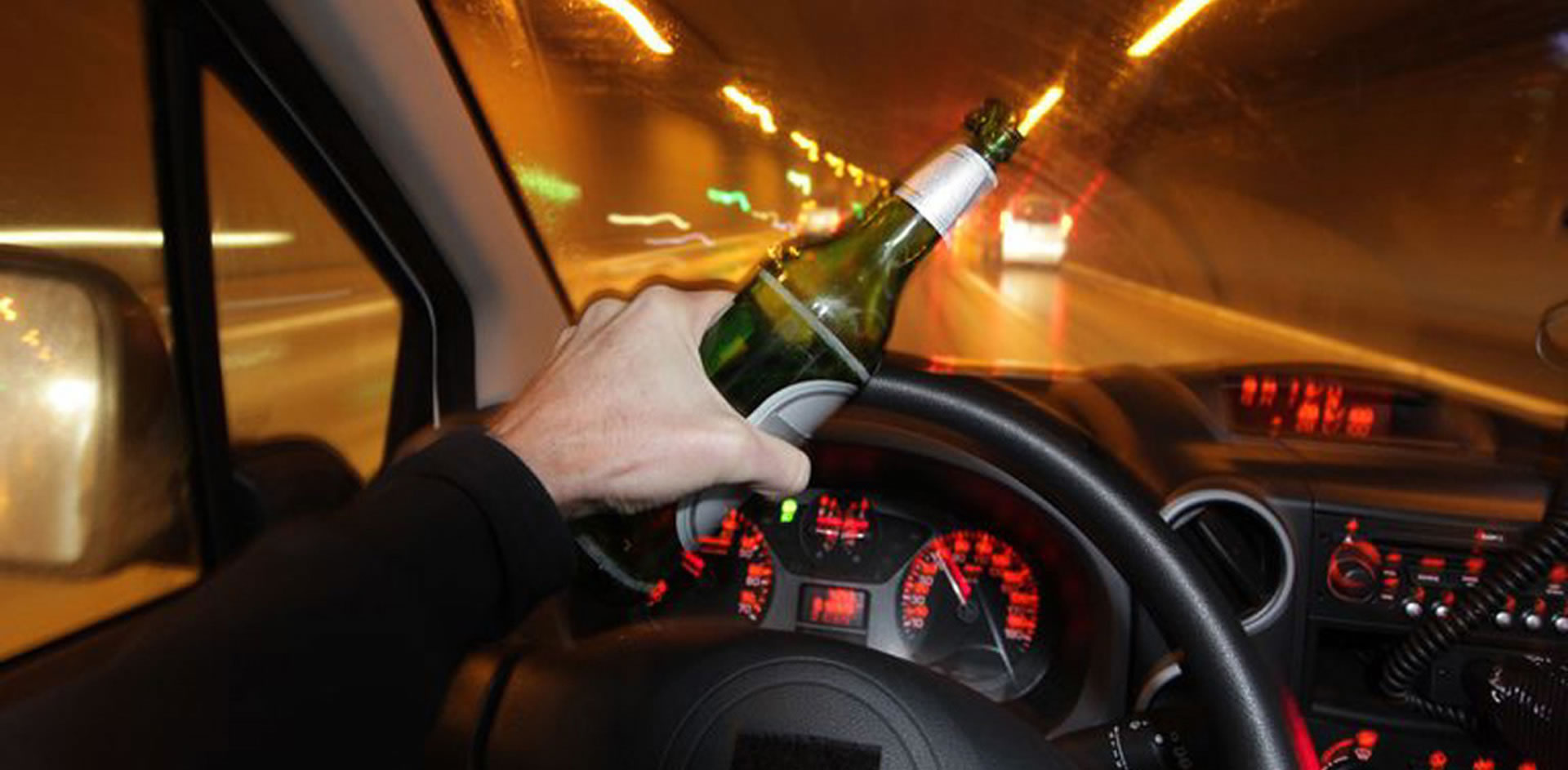
The state of Arizona has some of the strictest DUI laws in the country. An Aggravated DUI is more severe than a regular DUI, an Extreme DUI, or a Super Extreme DUI, and the charge comes with the most stringent penalties of any DUI convictions. If you find yourself facing an Aggravated DUI charge, it’s critical you have a complete understanding of what it all entails and what penalties could result.
Below is a comprehensive explanation of what an Aggravated DUI is and its consequences after an arrest. It's important to note that every DUI case is different, and there are various circumstances and nuances in the law that require the help of a legal expert. Your understanding of the law and the decisions you make regarding charges brought against you can have a severe impact on the rest of your life.
What is an Aggravated DUI?
An aggravated DUI is basically a DUI that includes “aggravating factors” that are evident upon arrest. The contributing factors are significant in that they turn what would otherwise be a misdemeanor into a felony offense.
Aggravating factors may include:
Damage to Property or Another Person
An aggravated DUI may be charged when a driver, due to his or her driving under the influence, has damaged either property or injured another person (or both) in the accident.
Driving with an Underage Passenger
An Aggravated DUI can be assessed to a driver who is detained for a DUI if that driver is found with a blood alcohol level (BAC) beyond the legal limit and a passenger under the age of 15 was inside the vehicle.
Having Multiple DUIs Within Seven years
If a driver facing DUI charges is pulled over, that driver will be assessed an Aggravated DUI if the driver has previously received two previous DUIs over the past seven years.
Operating a Vehicle Without a Full License
Upon arrest, if it is determined that the driver has a driver’s license that has been suspended, revoked, or restricted, that individual can be charged with an Aggravated DUI.
Driving the Wrong Way DUI
Any driver pulled over for a DUI who was driving in the wrong direction on a highway can be charged with an Aggravated DUI.
Absence of an Interlock Device
If the driver pulled over is under court order to have an interlock device installed and does not have one, that driver will be assessed an Aggravated DUI.
Aggravated DUI in Arizona is a felony. Depending on the given circumstances, individuals will face steep penalties, which can include prison time, driver’s license revocation, hefty fines, and mandatory installation of an ignition interlock device. If an ignition interlock device is required, offenders must select from a list of vendors authorized by the Arizona Department of Transportation (ADOT).
If you are convicted of a first offense Aggravated DUI, penalties include an $1800 fine and 180 days in prison. Depending on individual circumstances, prison time can be increased to up to 3.75 years. You will have to pay probation costs, and supervised visits will require that you submit to random urinalysis tests. There are also jail and court costs, along with the suspension of your license for at least three years. Also considered will be having an ignition interlock device installed in your vehicle.
A second offense Aggravated DUI charge in Arizona will result in a $3000 fine and a mandatory minimum prison sentence of 2.25 years. Prison time can increase up to 7.5 years. There are also additional court costs and a license suspension of 90 days. It is also likely that you would be required to install an alcohol breath testing unit and ignition interlock device in your vehicle for 12 months.
If you are charged with your third DUI offense in seven years, or if you were drinking and driving with a non-valid or suspended driver’s license, you will be charged with an Aggravated DUI. In Arizona, this is a Class 4 Felony. Penalties include $150,000 in legal costs and fines, a mandatory minimum prison sentence of six years in prison, and revocation of your driver’s license for three years. At the discretion of the judge, the prison sentence may be increased to up to 15 years.
It is a Class 6 felony to be charged with a DUI while having a child under the age of 15 with you while you are driving. Class 6 felonies carry harsh penalties and will be determined by considerations surrounding the Aggravated DUI. Sentencing ranges from probation with one to ninety days in jail to one year in jail or between four months and two years in prison. If you have a previous felony conviction, then the prison range becomes between 9 months and 2.75 years. If you have two prior felony convictions, the prison range increases to between 2.25 to 5.75 years.
Conviction of an Aggravated DUI in Arizona can impact your life for many years. Exploring every possible defense can help minimize that impact and can, in some cases, result in acquittal or dismissal. Here are some of the most common Aggravated DUI defenses: